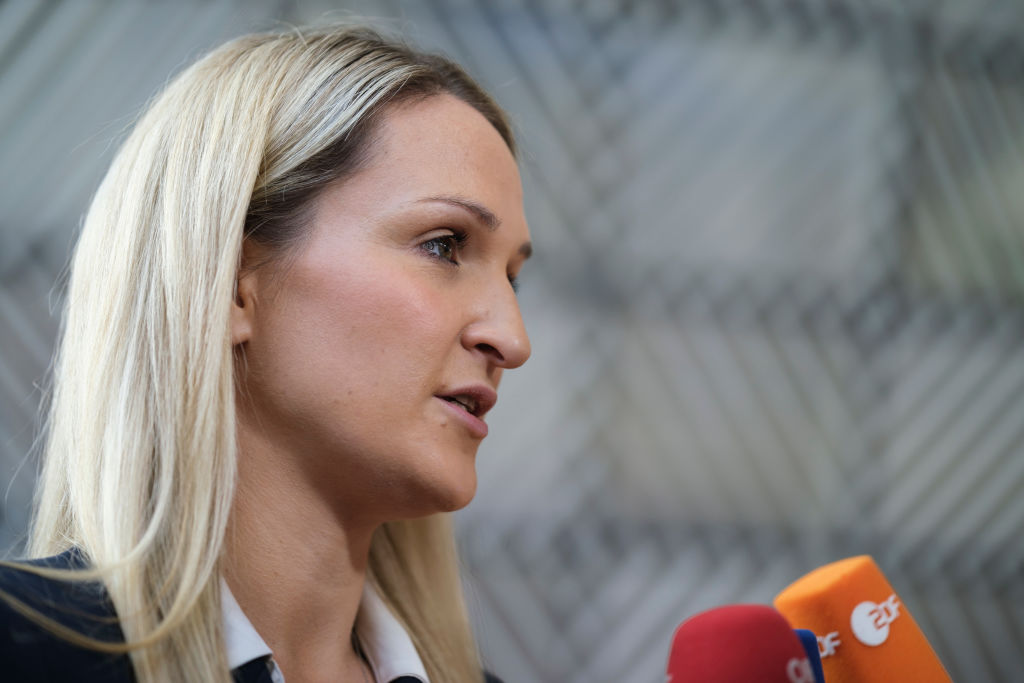British Prime Minister Rishi Sunak’s post-Brexit UK is to rejoin the European Union’s Horizon science programme, set to become an associate country to the scheme starting in January.
The UK’s Conservative Party Government heralded the new deal as “opening up opportunities” for their country’s scientists. Pro-Brexit activists and officials have described the rule as a “betrayal”.
According to an EU press release, the UK is to pay around €2.43 billion on average every year to be a member of Horizon.
The country is also set to spend an additional €154 million annually to rejoin the EU’s Copernicus space-based Earth observation programme.
British politicians have hailed the deal as representing value for money for taxpayers. The UK Department for Science, Innovation and Technology (DSIT) emphasised that it got the EU to agree not to charge the country for the period it was out of the scheme.
“Being part of Horizon and Copernicus is a colossal win for the UK’s science, research and business communities, as well as for economic growth and job creation,” DSIT Secretary of State Michelle Donelan said.
“Now it is essential that we bring our science, research and business communities together with their EU and global partners to deliver the benefits from our bespoke Horizon and Copernicus deal, from our share of the 300,000 new jobs Horizon aims to create, to the untold advances it will unlock for our health, the environment and more.”
Iliana Ivanova, the European Commissioner responsible for research and innovation, billed the deal as being good news for both parties, adding that she wanted to see more non-EU countries join the projects.
“I am happy to welcome the UK back to the Horizon family,” she said.
“This is a real milestone, a clear win-win for both sides and for global scientific progress.
“Together, we can push further and faster.”
An embarrassing admission from Brussels as a European Parliament report acknowledges the bloc's doom-laden prediction of huge post-Brexit job losses in London as bankers relocate to Frankfurt and Paris was wildly over-stated. https://t.co/XgSvwKiBoz
— Brussels Signal (@brusselssignal) November 30, 2023
The move appears to have been received positively by Britain’s educational institutions, with Cambridge University being one of the many such to say it was “delighted” by the deal.
Others voices have been less enthusiastic about the agreement. Many in the UK pro-Brexit wing see it as another betrayal of the 2016 vote.
Ex-UK MEP Ben Habib, the deputy leader of Reform UK, formerly the Brexit Party, slammed the deal, claiming Sunak was effectively surrendering the UK’s “brains”, “cash” and “military knowhow” to the EU.
“He is selling the UK down the drain,” he added.
Habib also expressed concern that UK cash handed to the EU could end up being used as part of the creation of a pan-European army.
“Some of our money will be spent on the European Defence Fund for weapons development, with a view to EU-wide military interoperability – the creation of an EU army,” he claimed.
Former Tory party leader Iain Duncan Smith had also previously criticised efforts to rejoin Horizon, suggesting that the EU was using the programme to “bully” Britain.
“I don’t think it is value for money,” he said earlier this year.
“We do not really control where the money is spent.”
I don’t think anyone imagined that post Brexit the UK would put on its ideological rocket boosters to leave the rest of Europe trailing in its woke wake, writes @jrfjeffrey. @theLGBgroup | @polblondehttps://t.co/S4JpHop9L3
— Brussels Signal (@brusselssignal) August 14, 2023





